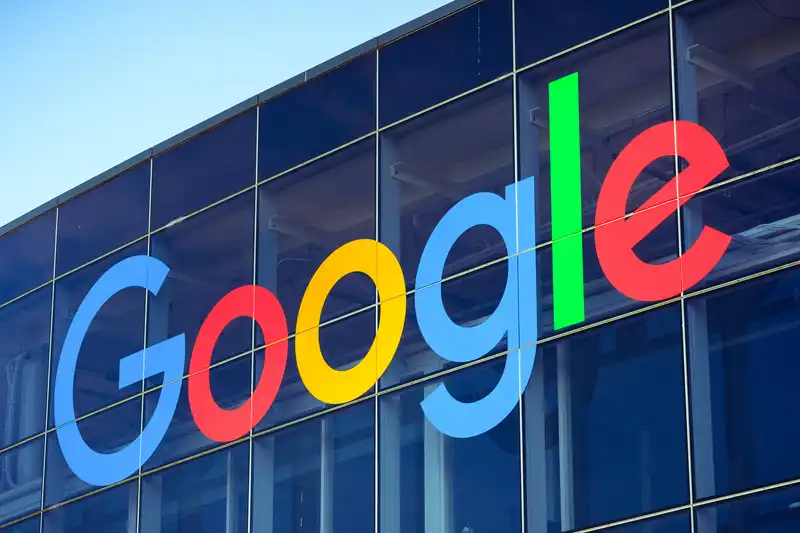Google is beginning to use artificial intelligence to answer user questions, rather than simply showing a list of links. This appears to be the latest part of an expansion of the Search Generative Experience (SGE).
Launched last May as an opt-in Google Search Labs experiment and expanded to over 120 countries and regions in November, SGE uses a number of Google's AI models to provide Gemini-esque natural language responses to search queries.
So far, Google has kept SGE separate from regular search results, but according to Search Engine Land, a subset of U.S. users asking questions on a small number of topics will get the SGE experience even if they are not participating in the experiment.
This may be Google's response to increasing pressure from AI-powered search engines like Perplexity, or it may be a corollary to rumors that OpenAI is building its own AI search tool.
The SGE, launched in May 2023, was a way for Google to test its rapidly emerging generative AI tools and models in search results without directly impacting its core business.
Search results take the form of summary responses to queries, bulleted lists of key information, and links to websites with citations and more information. Also included was an image feature that uses the Imagen 2 model to generate an image in response to a query.
Rather than being a completely independent AI tool like Google Gemini, SGE is integrated into the main search interface, so removing the opt-in requirement for some users is a sign that Google is ready to bring this service into the mainstream This is a sign that Google is ready to introduce this service to the mainstream.
The biggest change is the positioning of search results. Currently, the first results displayed are highlighted results containing snippets taken from that website, but with SGE, Google's AI-generated summaries and answers to users' queries will be displayed.
If you ask an explicit question, such as "What is the best coffee in the world," Google's opinion, including Google's interpretation of the query, is displayed above that snippet. In my case, a coffee shop in London was displayed, plus a box to ask the next question.
Normal search results appear below this new box, and search results for related websites appear on the right side within the SGE box.
While it may be some time before SGE becomes fully mainstream, Google is experimenting with Circle to Search and other AI-powered features to offer mobile users. In this latest rollout, "a small subset of U.S. users."
According to Search Engine Land, Google is only testing with users of its main interface for queries for which it believes AI would be particularly useful. This includes complex, multi-layered queries or questions that require multiple websites, such as how to get a trace of a painted wall.
Google has stated that it has a high degree of confidence that the value users will derive from the SGE results will show that AI is "additive" and will give users a better experience than they currently have.
Google is testing a variety of approaches, so not everyone will see the same SGE results. Google is seeking feedback from searchers who have not opted for SGE.










Comments